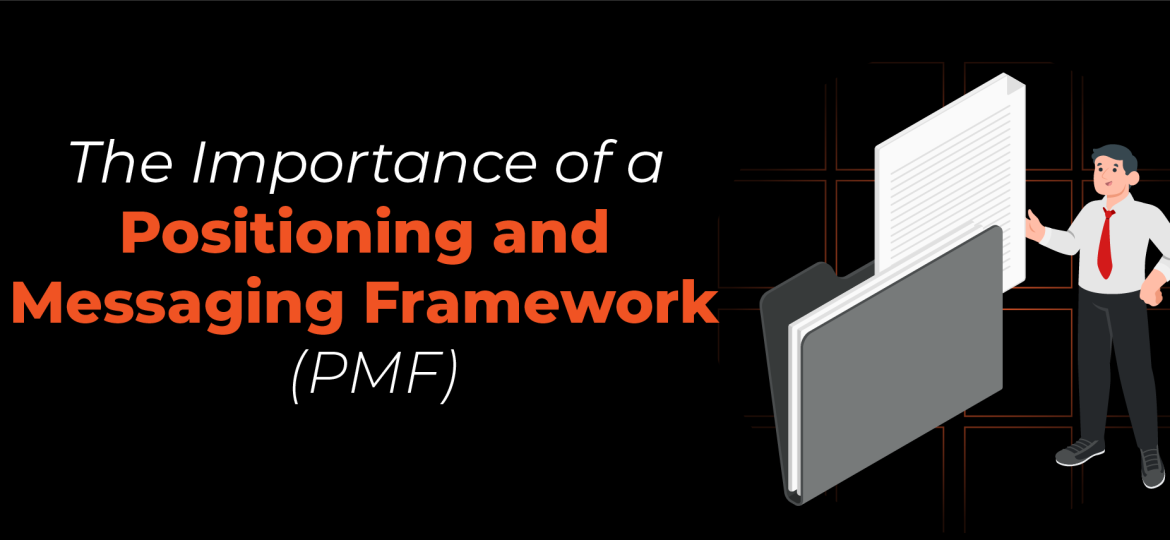A go-to-market (GTM) strategy is a comprehensive action plan designed by businesses to successfully: launch a new product, expand into a new market, or test the market of a new product for growth. A vital element of the business plan, a good GTM lays out ways in which a company can connect with its target. Defining the ideal customer, message coordination, and product positioning are all covered in an effective GTM.
Kerushan Govender
Too many brands blend because they can’t clearly explain what makes them different. A Positioning and Messaging Framework (PMF) fixes that by translating your value into language your market actually cares about. It gives your team a single source of truth, aligning every message across touchpoints. The result? Sharper positioning, stronger engagement, and a brand that actually lands.
Per Roy T Bennet, “Good leaders have vision and inspire others to help them turn vision into reality. Great leaders create more leaders, not followers. Great leaders have vision, share vision, and inspire others to create their own.”
Tarryn De Matteis is one such great leader. Her desire to add value and to make a positive impact on the world, one person at a time is just one reason why she is the final feature in our #CelebratingWomenInTech series.
“Develop enough courage so that you can stand up for yourself and then stand up for somebody else." — Maya Angelou
A philosophy shared by this week’s Celebrating Women In Tech feature, Sugeshni Subroyen, Head of Marketing, Mint South Africa.
#Marketing101 tells us that need or desire, is the primary motivator behind the customer’s decision to buy. Your ability to convince them that you can effectively relieve them of that need, is what drives the customer to select your service or product over any other in its category…
But what does your customer need? And how do you even begin to clarify their wants and needs? And where do you begin solving that need?
Leah Molatseli is a lawyer, published legal tech author, speaker, and Legal Tech and Innovation Specialist, who currently holds the role of Head of Business Development at Legal Interact. She focuses on the intersection between law, innovation, and technology, using her expertise to educate and empower the legal market. She is a Guest Lecturer at the University of Cape Town where she develops and teaches legal tech and innovation-related courses to the broader legal industry.
Consultative selling (or needs-based selling) refers to a customer-centric approach that concentrates on establishing and maintaining client relationships that will far outlast the initial project. Rather than focus on the transaction, it prioritizes the client and their needs; and creates an open dialogue that identifies solutions aimed at meeting those needs.
Ease the concerns of your potential customers, provide answers to their questions, and market to their advantage. By doing so, you will be speeding up the buying process for both your customers and, at the same time, for your sales team.











